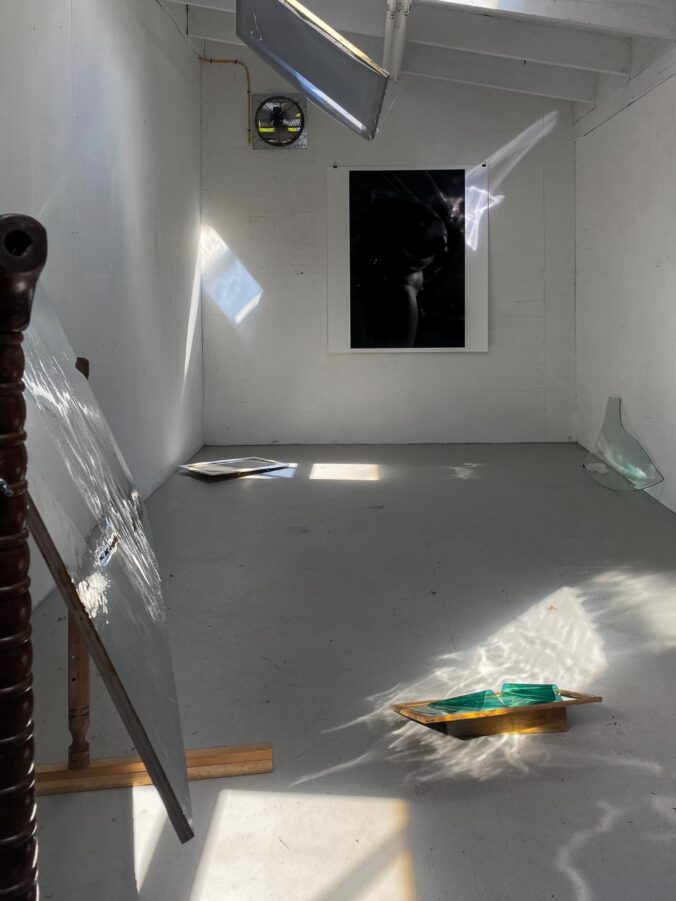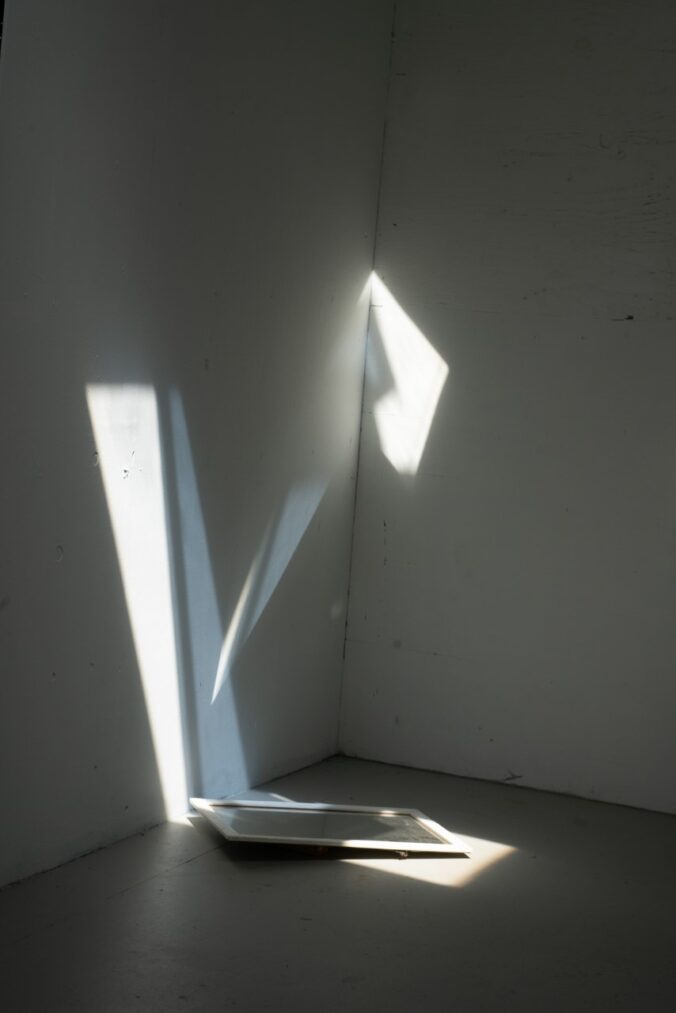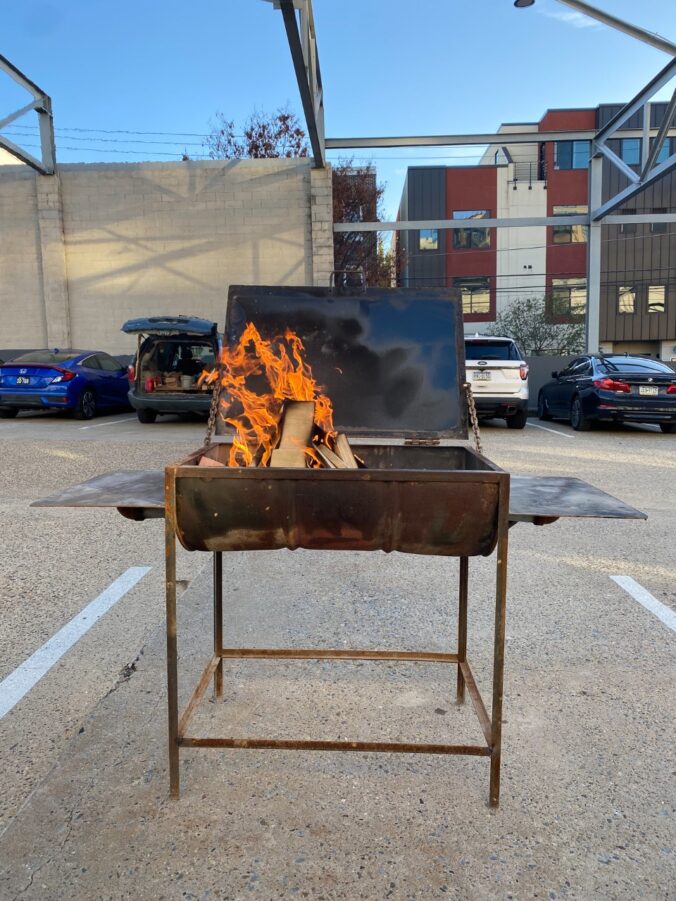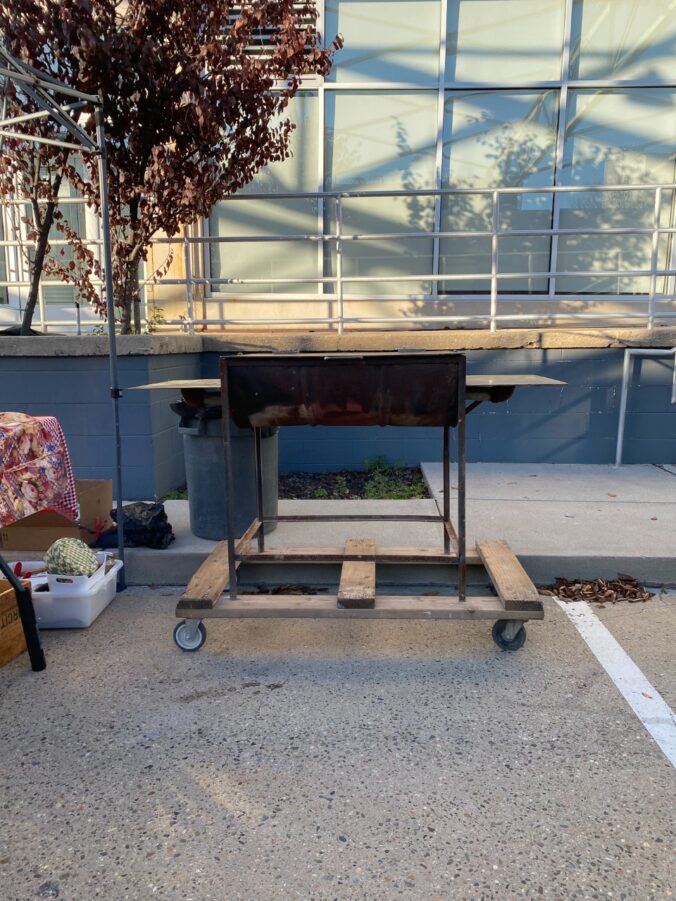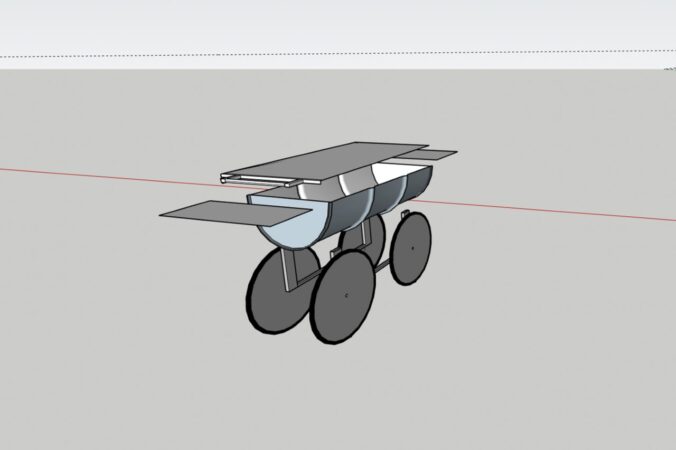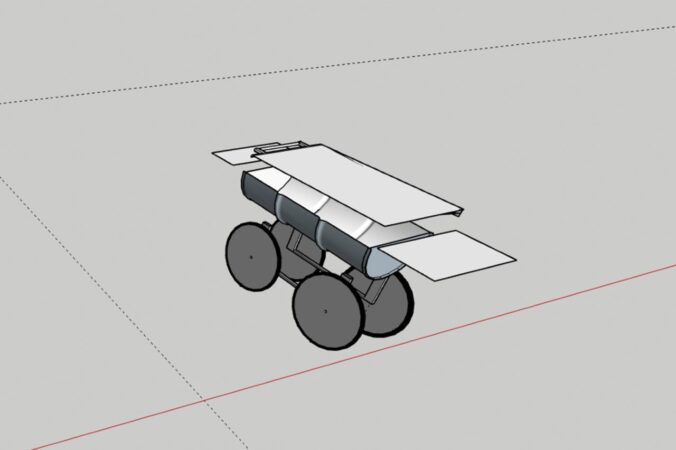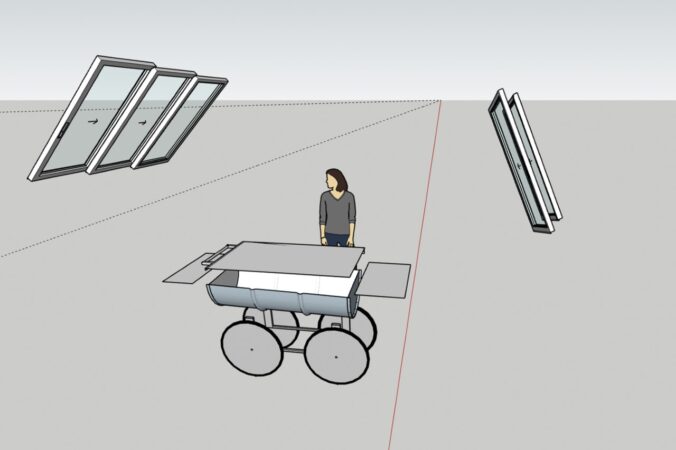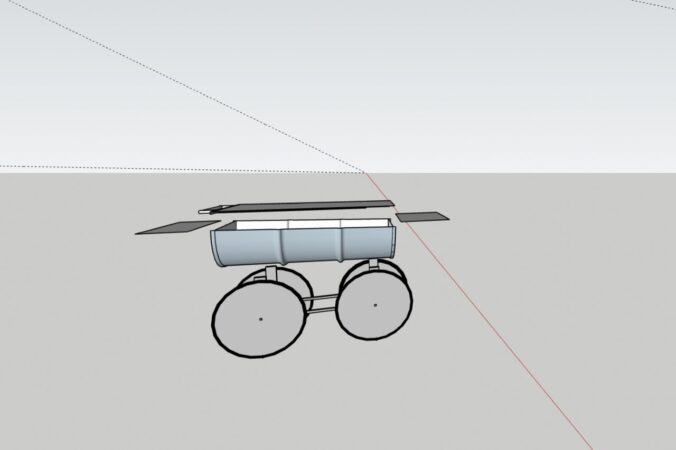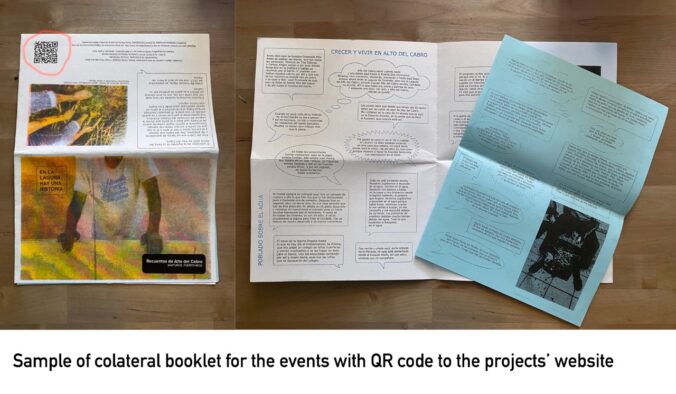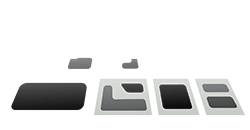Eugenio Salas – Multidisciplinary – Group 2, Round 3 Awardee
Site-specific participatory performances about sustainability and food geographies around the city.
Project Description
The Communal Griddle is a participatory art project informed by environmental justice that will engage community members to activate a cooking sculpture made of construction waste at four public events across the city. The Communal Griddle is an extension of Fogones/Waste Feast, a project that I developed during the 2022 Recycled Art in Residency (RAIR) program. The intention of Fogones was to establish links between stakeholders across the food system to come up with sustainable solutions rooted in the communities that have historically been employed as cheap labor in our food system. During the residency, I collaborated with immigrant laborers and chefs to design, construct, and prepare food in a cooking sculpture made from waste materials. The sculpture we created was a stationary prototype. Supported by funding from Art is PHL, The Communal Griddle will involve a participatory design process to modify the sculpture for itinerant events, and then activating the mobile sculpture at free participatory performances across the city.
The Communal Griddle events will be planned and executed in partnership with community organizations and held in spaces where communities already gather: Cambodian Association of Greater Philadelphia / Southeast Asian Market in FDR Park (South Philly), The Open Kitchen Sculpture Garden, Iglesias Community Garden (North Philly), and Club Deportivo Los Lobos (a soccer club and community hub for immigrant families) in Capitolo Playground (Italian Market). The performances will resemble cookouts, with the Griddle set up as part of a mobile D-I-Y kitchen. To create an immersive experience, the kitchen/stage for each performance will be lit with a series of custom-made lighting props that use photosensitive thermal materials.
For the research phase, I will meet with immigrant waste laborers from Revolution Recovery to brainstorm ideas for retrofitting the sculpture to meet the project’s requirements (e.g., relatively light-weight, collapsible, safe for cooking, and easy to transport). I will complete the construction and make the lighting props at NextFab with occasional support from collaborating laborers. Waste materials will be provided by Revolution Recovery through RAIR. I will record audio of the process for the project website.
In each neighborhood, respected local cooks will be recruited to develop and execute the cookout menu. Participating community cooks will be encouraged to utilize up-cycled food ingredients sourced from Sharing Excess, an organization that partners with grocery stores, restaurants, wholesalers, and farmers to redistribute food. During the performances, participant cooks will prepare dishes with assistance from myself and a team of volunteers. In addition to music, I will play snippets of pre-recorded interviews with the cooks in which they share stories about the dishes they prepare, including history, strategies for using up-cycled ingredients, and personal memories. For each event, I will silkscreen collaterals compiling recipes, information about reducing food waste, and narratives from community members about strategies they use to store, save, and repurpose food.
To broaden public engagement and ensure these ephemeral performances have a lasting legacy, a multimedia website will be created in collaboration with a local Latina journalist. The website will include audio and photo documentation, narratives from project participants in multiple languages, recipes, as well as a series of short podcasts centered around food as a form of expression, cultural representation, and labor.
The Communal Griddle project represents the evolution of a fire-powered sculpture, originally designed and made collaboratively with other Latinx immigrant laborers, to engage communities confronting food waste and insecurity across the city. This project creates an opportunity to activate the sculpture in diverse settings through a participatory re-design process. Through community engagement, performances, and documentation, the project will serve as a platform for community-building and storytelling. Finally, the Communal Griddle will support the participating community organizations, whose programming is aligned with project’s central themes of environmental justice, food security, immigration, racial justice, and economic justice. The project will engage these organizations and their constituencies in the design and implementation of community-driven solutions to creatively address food waste and sustainability.
Statement of Ethics
The Communal Griddle builds on my ongoing relationships and collaborations with the communities I propose to engage, and I expect that this involvement will extend beyond the life of the project. Soon after moving to Philadelphia, I began volunteering with SEAAMAC, first in their COVID-19 meal distribution program and now in their pantry program. During the lockdown, I also helped to organize an 18-hour Indigenous cooking ritual at Cesar Andreu Iglesias Garden. An Indigenous immigrant cook prepared barbacoa (goat) in a traditional way, resulting in a free meal for the community. I also documented the event and provided professional images for the organization’s promotion and advocacy efforts. Similarly, last year I collaborated with Los Lobos Soccer Club’s founder, Luis Uribe, to develop promotional media and contributed financially to developing the league’s website. Finally, I have been involved with the Fleisher Art Memorial community as both a student and as a volunteer for their annual Day of the Dead celebration. They are deeply involved in the Latinx communities in South Philly and will be a key partner for hosting events and for connecting me with other community organizations in the city.
For the Communal Griddle, I will invite some members of each organization including their leaders to a meeting held over food, to introduce the project and brainstorm about its execution. I will ensure linguistic accessibility by bringing translators as required. Through these engagements, I will plan and execute a strategy to recruit amateur and professional cooks well-known in their respective communities and collaborate with the cooks on designing, preparing, and serving a menu for the event. In collaboration with community leaders, I will tailor each event’s promotional strategy to be culturally and locally relevant. For broader outreach across the city, I will develop a social media campaign supported by a digital communications professional.
The expectations of community organizers and organizations will be to provide input on tailoring each event and to reach out to their communities to recruit cooks and promote the events. This collaboration will involve a couple of meetings (in-person and/or virtual) and communication via email. For their contributions, I will provide a $400 honorarium (for individuals) or a donation (for organizations) of the same amount. The collaborating partners can also use project outputs (printed collaterals and the website) for their educational and promotional needs.
The public events will resemble food festivals. They will be free, and consist of live cooking, communal eating, music, and audio from participant interviews. The primary audience for these events will be local community members, to whom the content will be tailored. The secondary audiences will include members of Philadelphia’s arts and environmental communities. During the events, audiences will witness live cooking on the stoves, appreciate the light-based installations, taste the food made by community members, learn more about the laborers’ stories, and casually engage in discussion about food waste and insecurity issues.
The Communal Griddle opens an opportunity to promote environmental justice by developing strategies and content about sustainability that are culturally responsive. Each participant group will be left with media and printed educational materials highlighting the cooks’ strategies for utilizing upcycled food to prepare traditional dishes, as well as the process of constructing the griddle with waste material. Participant cooks will be given a spotlight to showcase their contribution to their community through food and labor and will be able to leverage the project outputs for their own business or self-promotion. Over the longer term, participants and their wider communities will benefit from the project website, where users will be able to interact with multilingual information about the project’s participants, process, and outputs.
Please click on any image and scroll through.

